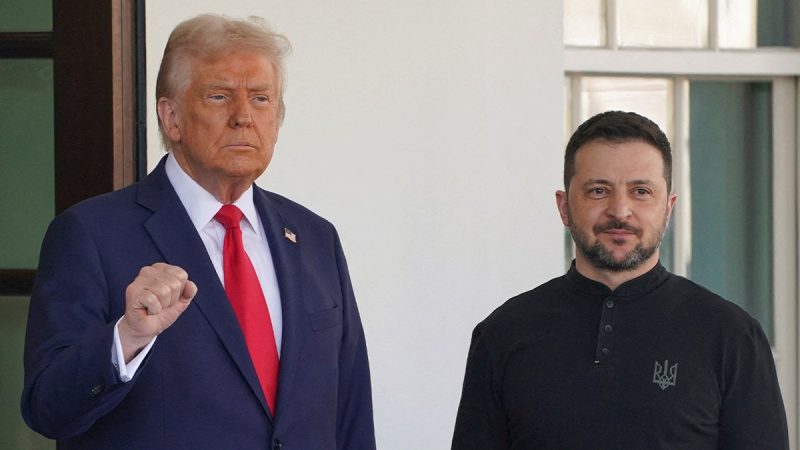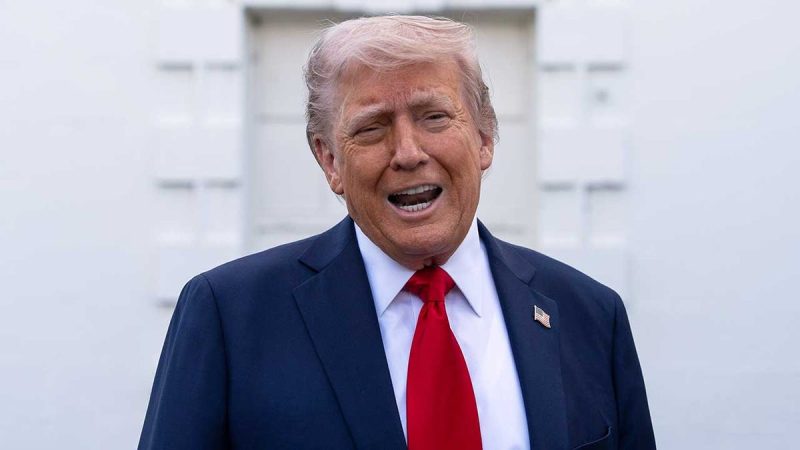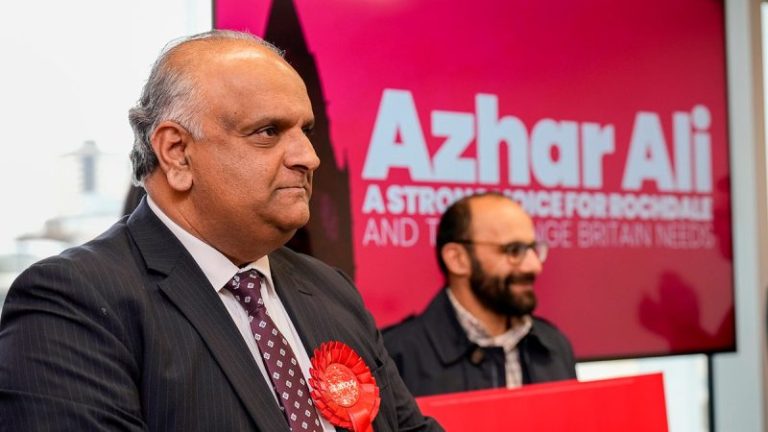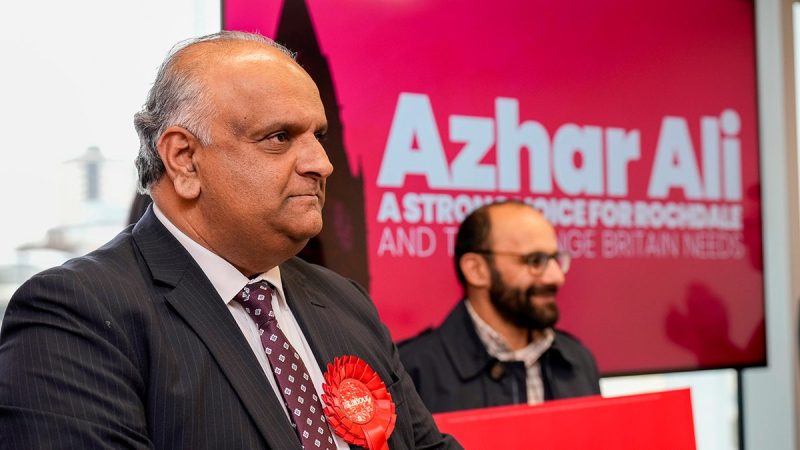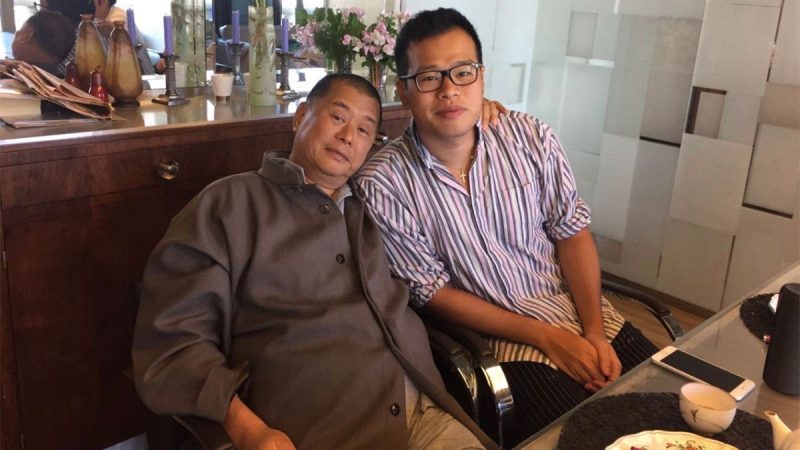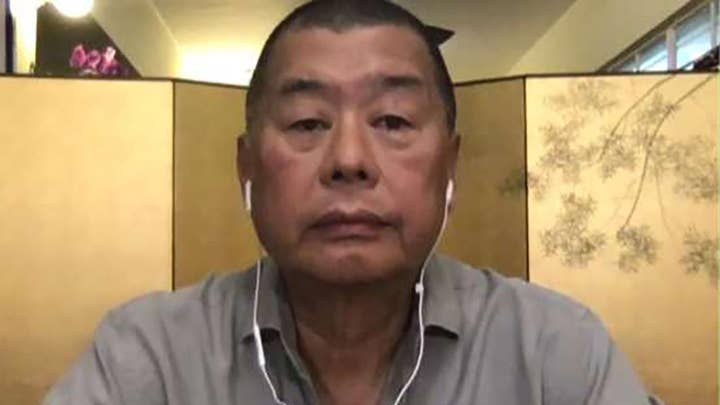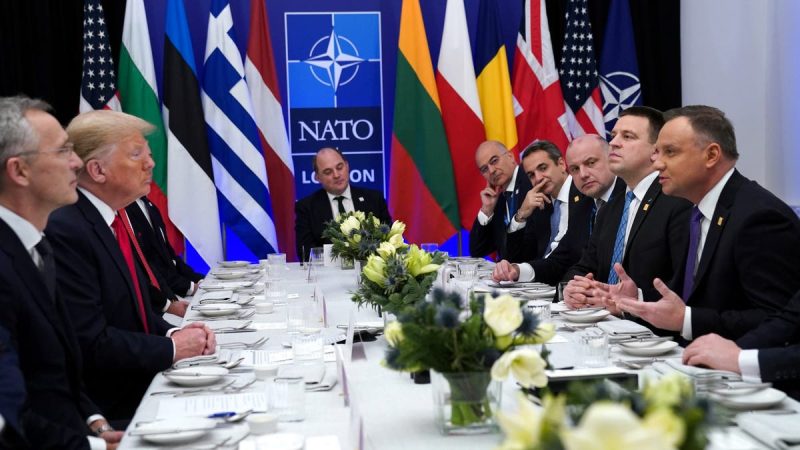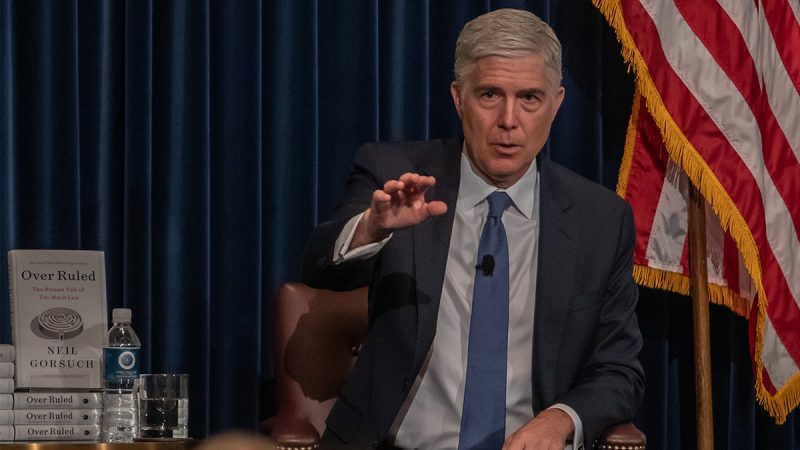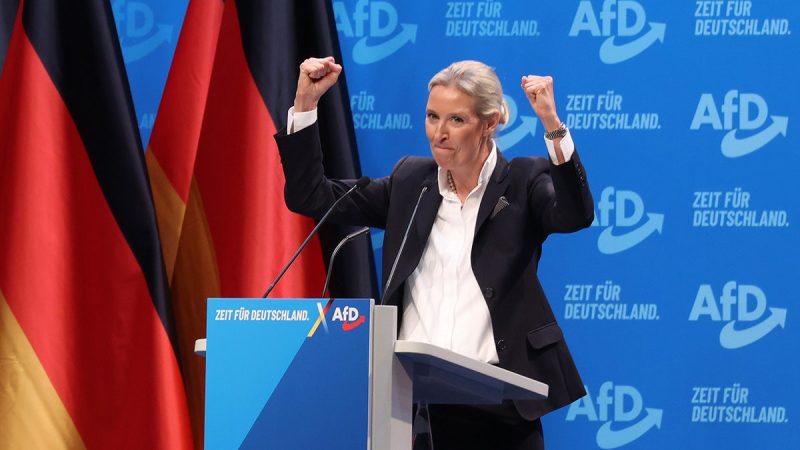
The White House slammed the ‘radical left’ in a social media post Sunday, showing an AI-generated image of President Donald Trump wielding a lightsaber in celebration of May the Fourth, or ‘Star Wars Day.’
May 4 has long been regarded as a day to celebrate the iconic movie franchise as fans post on social media ‘May the Fourth be with you,’ an offshoot of the memorable Star Wars quote ‘May the force be with you.’
On Sunday, the White House took an opportunity to celebrate the popular day with a post on X, while also taking digs at the Trump administration’s biggest critics.
‘Happy May the 4th to all, including the Radical Left Lunatics who are fighting so hard to bring Sith Lords, Murderers, Drug Lords, Dangerous Prisoners, & well known MS-13 Gang Members, back into our Galaxy. You’re not the Rebellion—you’re the Empire,’ the White House wrote. ‘May the 4th be with you.’
The post included an AI-generated image of Trump, who not only donned a Jedi robe and set of ripped arms but also held a red lightsaber. Behind him in the image were two bald eagles and two American flags.
The post received mixed reactions.
‘Our efforts to FOIA info about a reported ‘Death Star’ have been stonewalled. And we pulled The Honorable Darth Vader as a judge when we sued so THAT will go nowhere,’ a user wrote.
Another user asked X’s AI feature Grok what the meaning of a red lightsaber is in Star Wars. Those who follow the science fiction franchise will remember Darth Vader, Kylo Ren and others associated with the dark side or Sith powers used a red lightsaber of some sort.
The Star Wars fandom website Wookieepedia explains that in the process of making a lightsaber, negative emotions like rage, hate, fear and pain would result in a red hue.
‘How do you not have one nerd on staff to tell you what color lightsaber is good and what color is bad???’ a user asked in reaction to the White House post.
But supporters of the president were quick to respond to reactions about the color of the lightsaber Trump is holding in the image.
‘People arguing Trump using a red lightsaber equates him to evil…R ed is literally one of the three colors in our nation’s flag,’ a user wrote. ‘He is the leader of the Republican Party which is often ascribed the color Red. Context matters.’
Fox News Digital has reached out to the White House for comment on the matter.
Still, the White House was not the only federal government agency to have fun with May the Fourth.
The U.S. Army Pacific posted an AI-generated image to social media of two soldiers with lightsabers – one holding red and the other holding a red, white and blue weapon – walking into combat at night, with the Milky Way Galaxy behind them.
‘Across every galaxy – known and unknown – no force rivals our discipline, strength, and precision,’ the post read. ‘We don’t just defend the world. We protect the future. Victory is forged not found. May the 4th be with you.’



